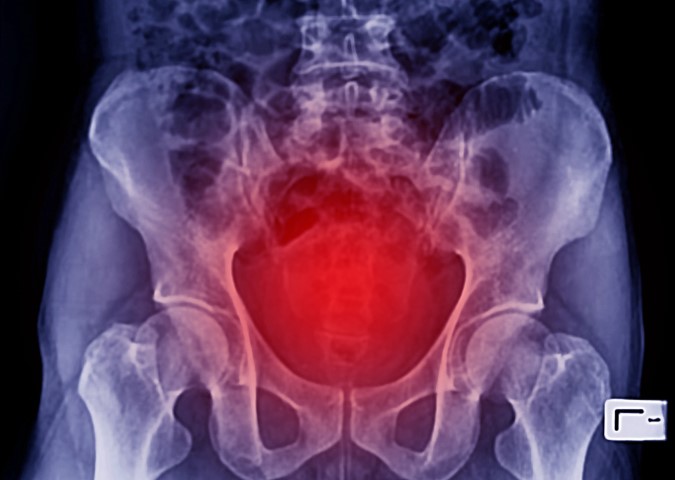Ask any woman who has experienced one in the past, a pelvic organ prolapse is no laughing matter. The term pelvic organ prolapse describes a condition in which one of the organs in a woman’s pelvic area loses its position and begins to drop toward or into the vaginal area. Different prolapses can affect different organs and vary in severity. To help women gain a better understanding of this condition and its effects, our reproductive healthcare experts have answered a few common questions about pelvic organ prolapse.
Question #1: What are the different types of pelvic organ prolapse?
The three most prominent forms of pelvic organ prolapse are cystocele, rectocele, and uterine prolapse. A cystocele, the most common form of prolapse, describes when the bladder drops into or out of the vagina. A rectocele refers to any prolapse that affects the rectum. A uterine prolapse (dropped uterus) can sometimes be associated with a small bowel prolapse known as an enterocele.
Question #2: What causes a pelvic organ prolapse to occur?
The most common cause of pelvic organ prolapse is pregnancy and vaginal childbirth, during which the pelvic floor muscles may begin to weaken. Other potential causes of pelvic support issues may include menopause, aging, and physical strain related to heavy lifting. Being overweight or obese can contribute as well due to creating additional pressure on the abdomen and pelvic area. Chronic coughing can also cause a prolapse in some cases.
Question #3: Is there any way to prevent a pelvic organ prolapse?
Certain lifestyle changes can help reduce a woman’s risk of a pelvic organ prolapse. Maintaining a healthy, stable bodyweight is highly recommended. Performing pelvic floor exercises (Kegel exercises) can help some women by strengthening the muscles that surround the openings of the urethra, vagina, and rectum. Doing Kegel exercises on a regular basis may improve urinary incontinence symptoms and slow the progression of a prolapse.
For women who already experience a prolapse, we offer different treatment options including surgical and non-surgical options depending on their specific needs and preferences. For more information on pelvic organ prolapse or to request an appointment with one of our reproductive healthcare providers today, please contact Gynecology Associates of Gwinnett. And follow along with us on Facebook and Twitter for additional tips, news, and more.

